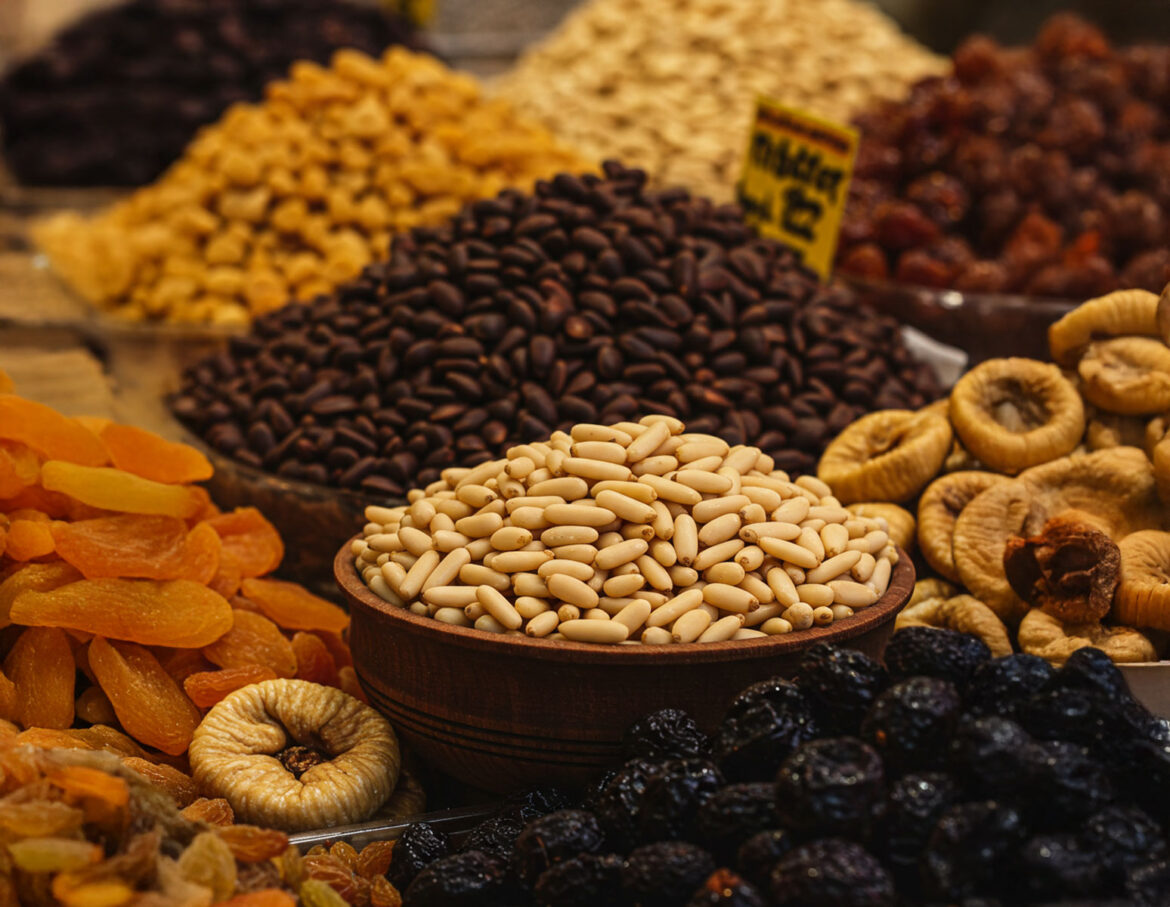Consumers in Karachi are grappling with soaring prices of dried fruits, already struggling with high food inflation and utility bills. Among the most affected products is high-quality pine nut (chilgoza), which now carries a hefty price tag of Rs12,000-14,000 per kg, making it unaffordable for many.
Dealers in the Saddar area recalled that just a year ago, the price of pine nuts ranged between Rs15,000-16,000 per kg, while in 2022 it was Rs5,200 and Rs8,000 in 2021. “For all income strata people, pine nuts are now unaffordable,” said one dealer, noting that some customers purchase only small quantities due to the high cost.
Another blow to consumers is the price hike of Parachinar peanuts, which are now sold for Rs1,200 per kg by push carts and roadside vendors. This is a significant increase from Rs1,000 per kg a year ago and Rs720 in 2021. Despite recent road blockages and tensions in Parachinar, traders report that peanut supplies continue uninterrupted in Karachi.
A local trader explained, “Due to high prices, peanuts have gone out of reach for many people, with some content buying only 125 grams for Rs150.” Families with two to three children are now limited to purchasing only 250 grams.
Other dried fruits have also seen price increases. American almonds (Baadam), which were Rs2,000 per kg in 2021, are now priced at Rs2,800-3,000 per kg, and Indian cashew nuts (Kajoo), which cost Rs2,200 per kg in 2021, are now being sold at Rs5,200 per kg. Walnuts remain largely unchanged, with prices ranging from Rs2,400-3,000 for shelled and Rs1,000-1,200 for unshelled walnuts.
Salted Iranian pistachios are still priced at Rs2,800-3,000 per kg, similar to last year. Despite these price hikes, some retailers claim a 30% increase in demand, attributing the rise to a significant surge in imports. According to data from the Pakistan Bureau of Statistics, imports of dried fruits and nuts saw an 83% increase in volume and a 122% increase in value during the first five months of FY25, reaching 84,573 tonnes worth $66.2 million.
The demand for dried fruits, especially in the preparation of festive dishes like halwa and sweetmeats, typically rises during Islamic festivals such as Eidul Fitr and Rabi-ul-Awal.
Retailers noted that the relative stability in the rupee-dollar exchange rate in 2024 helped prevent further escalation of imported food prices. However, the ongoing price hikes in dried fruits continue to strain consumers across all income groups.



